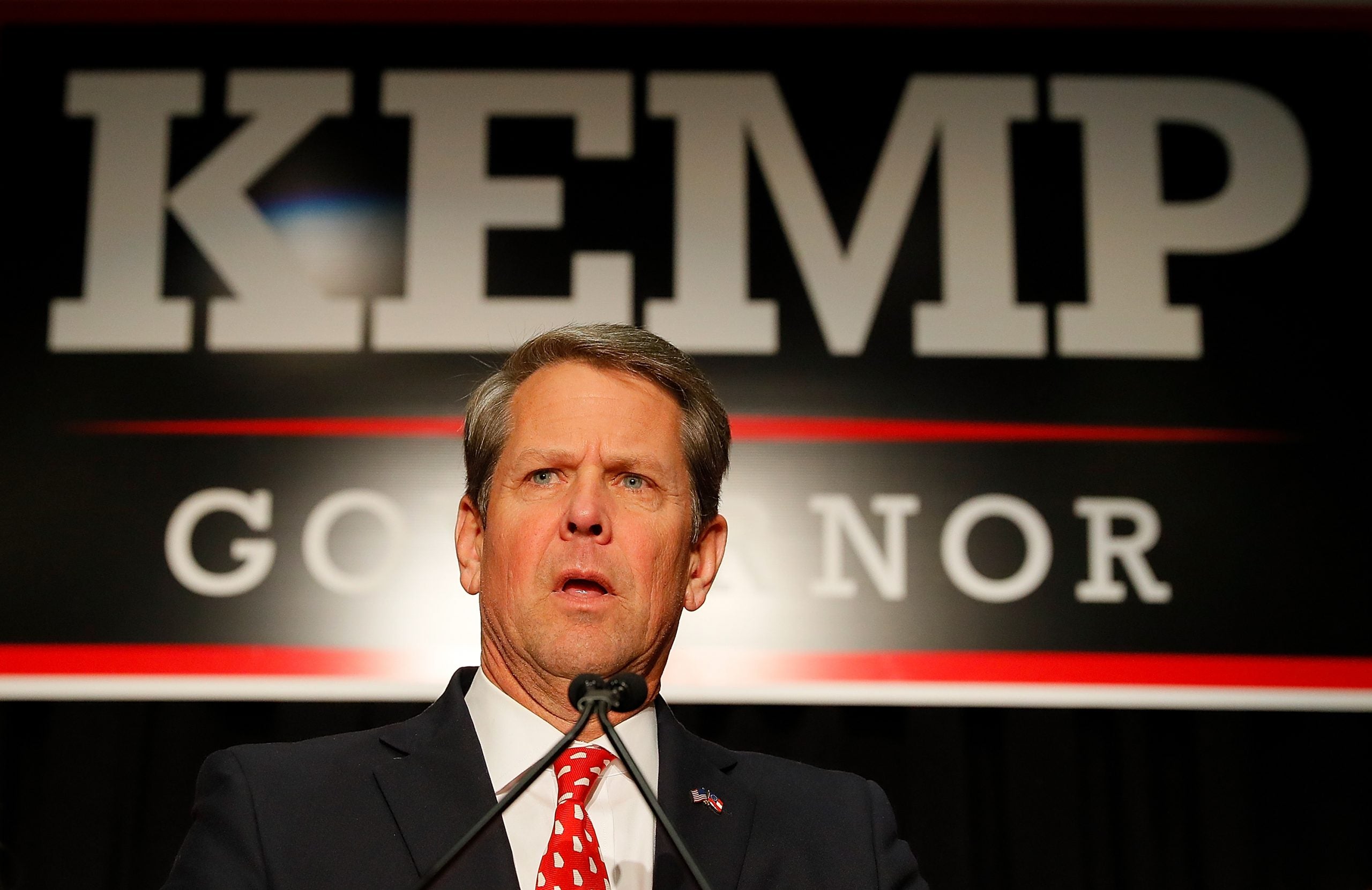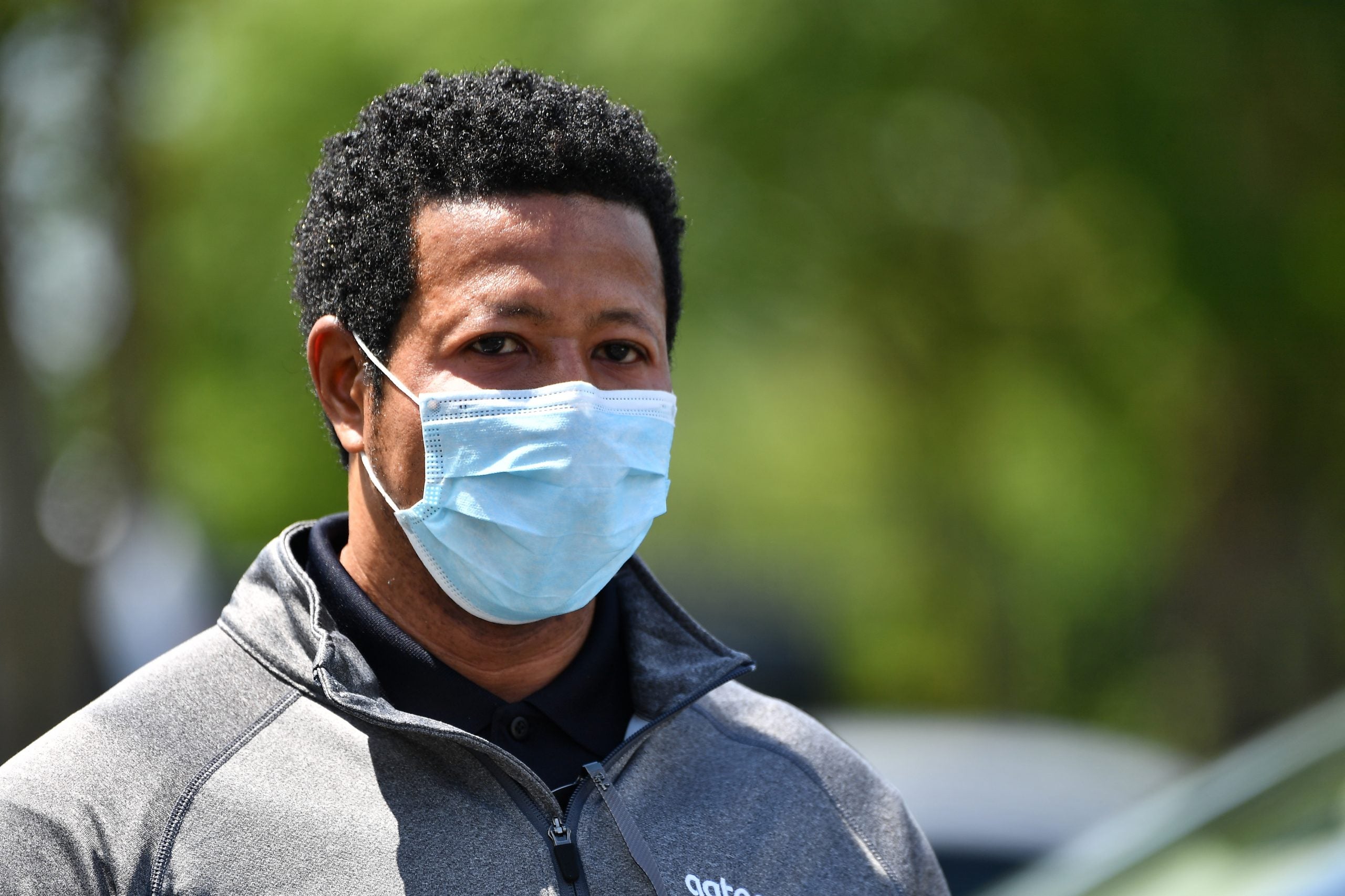
Georgia Gov. Brian Kemp is taking a questionable stance against mask wearing in Georgia. On Wednesday night, the Republican leader signed an executive order banning cities and counties from enacting their own mandates concerning the face coverings proven to lessen the risk of coronavirus transmission.
In his new order, Kemp “strongly encourages” residents and the visitors of the state to wear face coverings “as practicable while outside their homes or place of residence” but cuts down efforts by many officials, including Atlanta Mayor Keisha Lance Bottoms, to flatten the curve by mandating masks. The revised orders come amid a surge in coronavirus cases in the state.
Just yesterday, Bottoms tweeted about Atlanta’s need for more supplies to adequately address the growing numbers. “My mother often says, ‘A friend, in need, is a friend indeed. We are grateful to have a friend in @NYGovCumo and the people of NY,” Bottoms said in response to New York Gov. Andrew Cuomo’s announcement that the state would be sending 7,500 test kits, 30,000 pieces of PPE and 1,250 gallons of hand sanitizer to Atlanta by Friday.

Though Bottoms has yet to publicly react to Kemp’s executive order, Savannah Mayor Van Johnson has expressed outrage over the decision to reverse his mask mandate. “It is officially official. Governor Kemp does not give a damn about us,” Johnson wrote on Twitter. “Every man and woman for himself/herself. Ignore the science and survive the best you can. In #Savannah, we will continue to keep the faith and follow the science. Masks will continue to be available!”
Kemp’s approach to the pandemic has been widely criticized for months. In April, Bottoms said she was “perplexed” by Kemp’s calls to reopen the state despite rising cases of COVID-19. Stacey Abrams said it was deeply problematic and his decision-making “dangerously incompetent.”
The close Trump ally was also lambasted for his delayed response with closing schools and businesses. In a headline-making announcement, Kemp admitted on April 1 that he had just learned that people could spread COVID-19 even if they are asymptomatic. The Centers for Disease Control, located in Atlanta, made that information public in February.